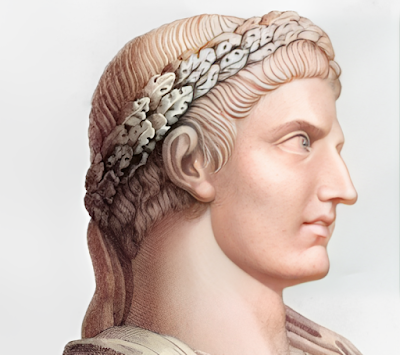Pontius Pilate

Pontius Pilate (d. circa AD 36-39) was a Roman governor of the province of Judea during the reign of Emperor Tiberius. He is best known for his role in the trial and execution of Jesus Christ. Very little is known about Pilate's early life or career before he became governor of Judea in AD 26. During his time in office, he was known for his harsh and oppressive rule, which often led to tensions between the Jewish population and the Roman authorities. Pilate's most famous act as governor was his involvement in the trial and sentencing of Jesus Christ. According to the Gospel accounts, Pilate initially found no basis for the charges against Jesus and attempted to release him. However, under pressure from the Jewish leaders and a hostile crowd, Pilate ultimately capitulated and sentenced Jesus to death by crucifixion. After his term as governor of Judea ended, Pilate's subsequent fate is unclear. According to some historical accounts, he was recalled to Rome and may have been ...


